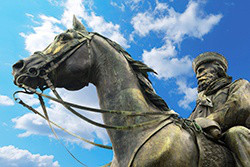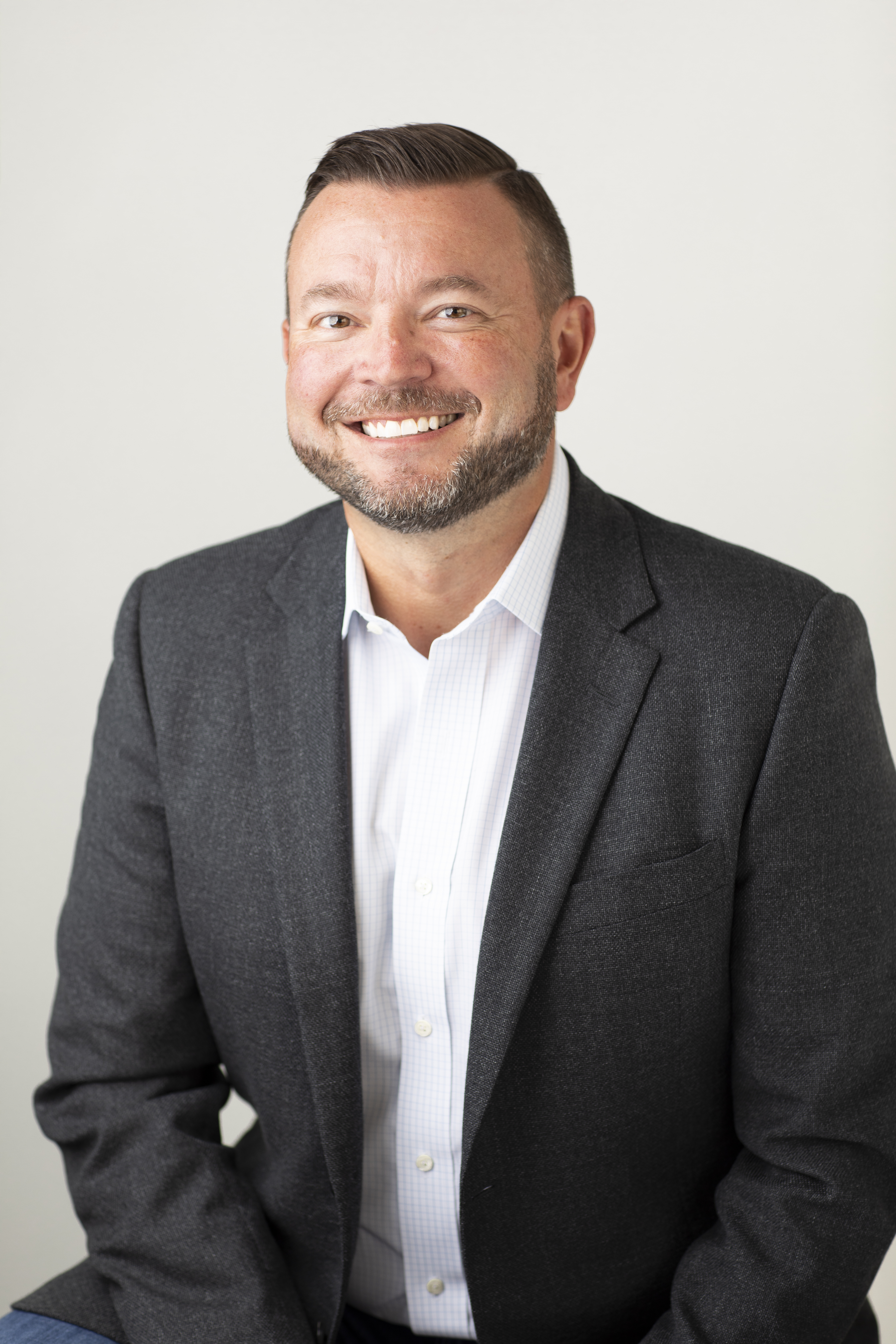 During the years of Italian liberation and unification in the mid-1800s, there may have been no bigger legend than Giuseppe Garibaldi. In the summer of 1849, heavily outnumbered, he was leading a gallant effort to save Rome from pressing French troops besieging the city. While there was no chance of holding on to the city, he refused to surrender and accept defeat.Wounded and standing in St. Peter’s Square, he addressed his remaining men on July 2nd, 1849:
During the years of Italian liberation and unification in the mid-1800s, there may have been no bigger legend than Giuseppe Garibaldi. In the summer of 1849, heavily outnumbered, he was leading a gallant effort to save Rome from pressing French troops besieging the city. While there was no chance of holding on to the city, he refused to surrender and accept defeat.Wounded and standing in St. Peter’s Square, he addressed his remaining men on July 2nd, 1849:
I offer neither pay, nor quarters, nor food; I offer only hunger, thirst, forced marches, battles and death. Let him who loves his country with his heart, and not merely with his lips, follow me.
Shortly thereafter, he led a few thousand inspired troops out of Rome and into the mountains. They made it to the neutral republic of San Marino and lived to fight another day.
He was eventually forced into exile but returned to Italy. In 1860 he captured Naples and Sicily, and became the head of state. Instead of enjoying the spoils of war, he voluntarily handed the territories over to the Italian King Victor Emmanuel to further the pursuit of Italian unification, a cause that was much more important to him than being a king.
His military conquests, charisma and leadership skills, actually prompted President Abraham Lincoln to offer him the position of Major General in the Union Army in 1861. He ultimately turned Lincoln down, partly because he wanted total control as the Supreme Commander but also because he wanted Lincoln to clearly articulate that the fight between North and South was to end slavery. Lincoln wasn’t yet ready to do that. Garibaldi wouldn’t fight unless he did.
Throughout his life, Giuseppe Garibaldi led numerous victorious military campaigns and was oft wounded; had his rousing speeches printed in the newspapers; defeated two powerful states, then gave them to another king in the name of unity; and wouldn’t accept another country’s offer of generalship unless its president staunchly declared the fight to be about something bigger than just winning the war, it had to be about ending slavery.
Was he a hero? This one is pretty obvious. He was victorious in wars of liberation and unification. He fought for ideals much bigger than fame or material gain. And for that he is remembered as one of Italy’s “fathers of the fatherland,” a true national hero.
This makes me wonder, can heroes only emerge under the banner of revolution or when fighting for a cause as big as nationhood? Or are there everyday heroes among us?
- Ralph Waldo Emerson penned, “A hero is no braver than an ordinary man, but he is braver five minutes longer.”
- Holocaust survivor Leon Leyson said, “A hero is an ordinary human being who does the best of things in the worst of times.”
- The “First Lady of American Theatre” Helen Hayes once voiced, “We relish news of our heroes, forgetting that we are extraordinary to somebody, too.”
- Business advisor Robert J. Braathe wrote, “If you need inspiration, look into the eyes of people as you walk by them. They are looking for a hero; that person may be you.”
- “In our world of big names, our true heroes tend to be anonymous,” wrote American historian Daniel Boorstin. “In this life of illusion and quasi-illusion, the person of solid virtues who can be admired for something more substantial than his well-knowness often proves to be the unsung hero: the teacher, the nurse, the mother, the honest cop, the hard worker at lonely, underpaid, unglamorous, unpublicized jobs.”
What’s The Risk?
All around us are cities, towns, schools, communities, programs, teams, and clubs that need our attention. The issues can seem so daunting, the forces so polarizing, and those affected so distant, it’s easy to sit back, waiting and hoping for somebody, anybody, to emerge. We long for some mythical hero to pound his hammer, or a leader like Garibaldi to inspire and unite us through a charismatic speech, single-handedly solving all that ails us. We are often disappointed.
Yet, there are heroes out there, lots of them. And they need our help. You’ll find them running an after school program at a local Boys & Girls Club, offering a safe place to learn and grow. They’re at an autism center providing a family with support and advocacy. You’ll see them at a community center teaching a civics class for hopeful new citizens. If you pause for a minute and look closely in the mirror, you might recall the hero you’ve been.
Maya Angelou may have said it best: “I think a hero is any person really intent on making this a better place for all people.”
You don’t need a mask and a cape to be a hero. You don’t even have to save the world. You just need to make a decision that you’re going to help one person experience an opportunity, enjoy a moment, or achieve a goal they otherwise might not.
A call has gone out. We need more heroes. Will you answer?




